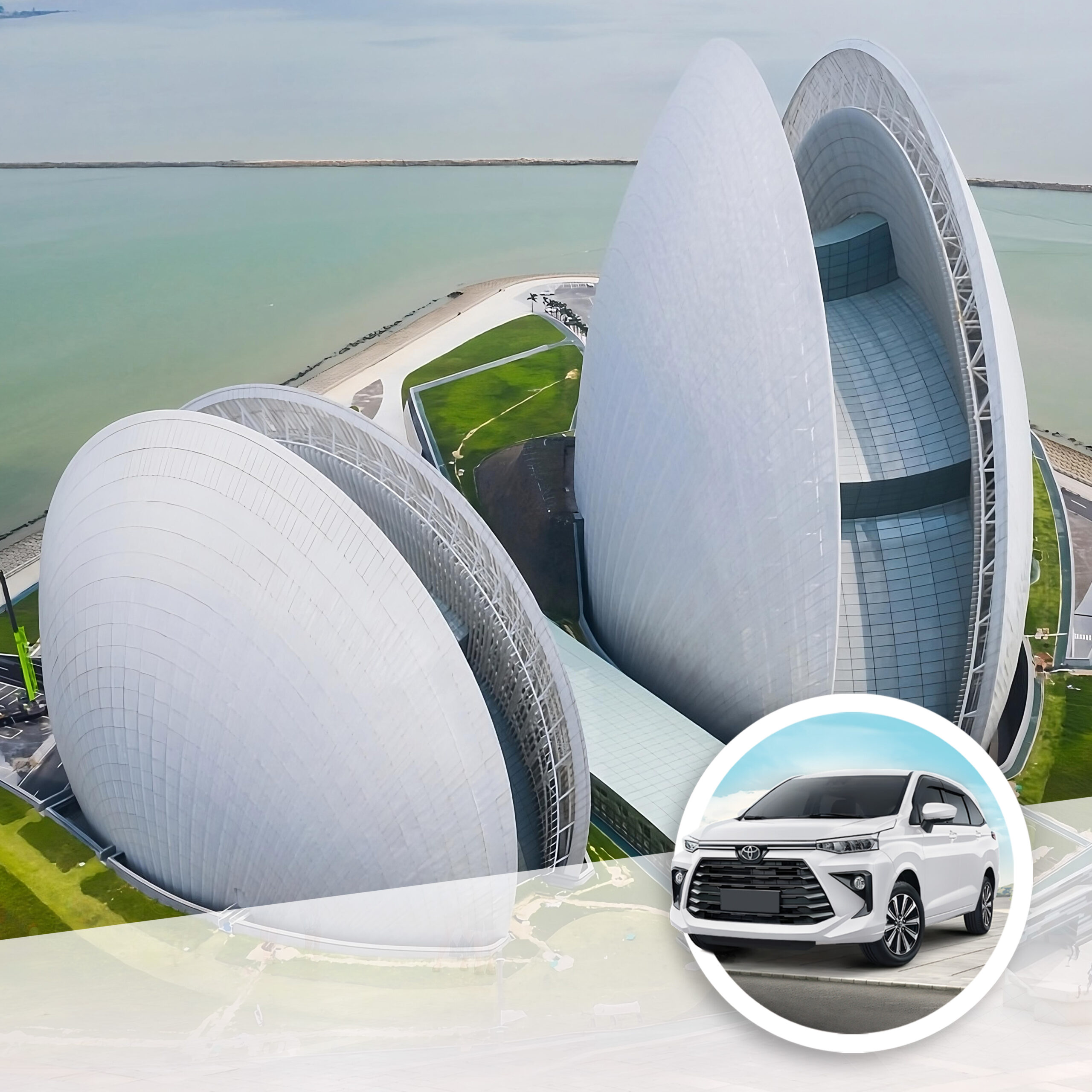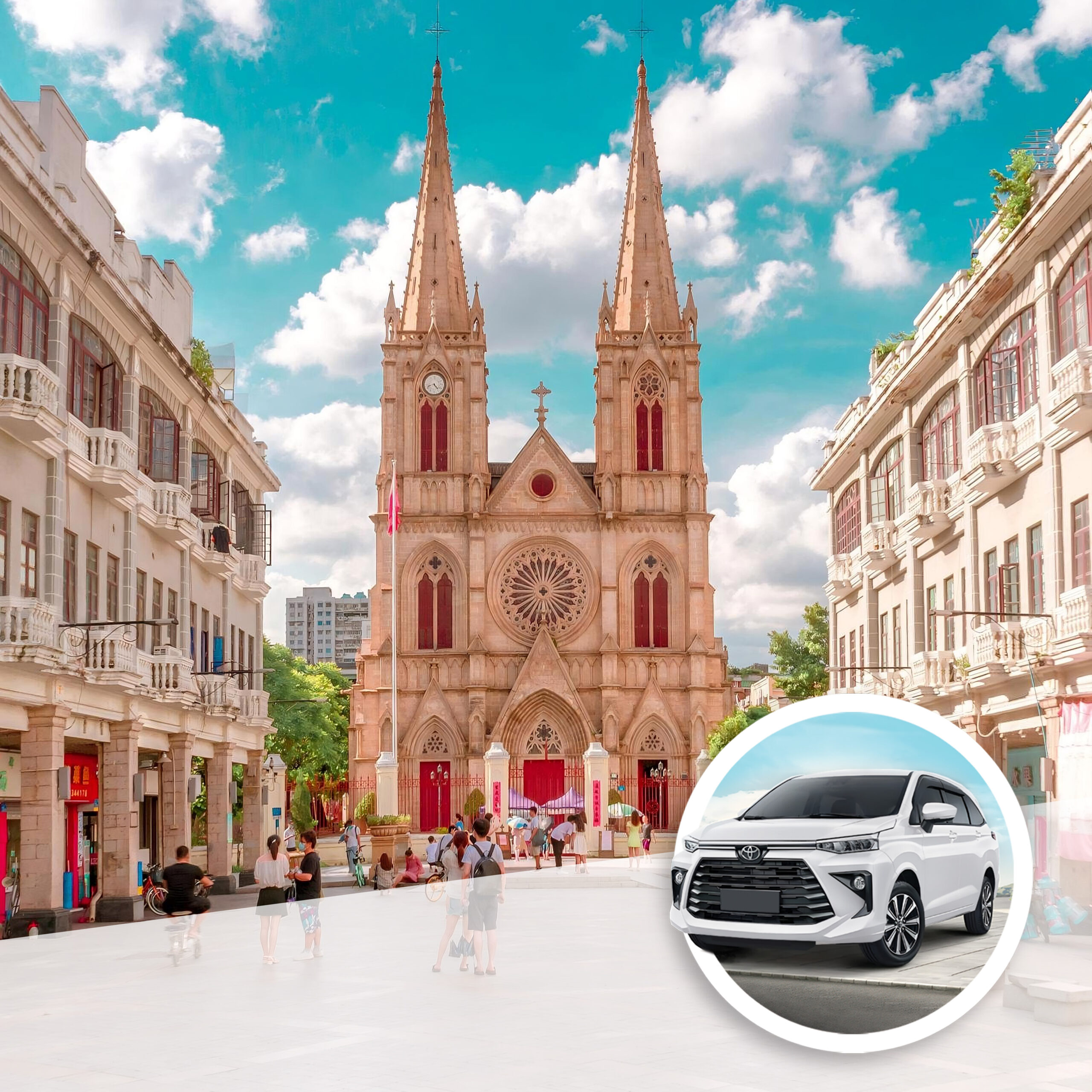Splendid China – Folk Culture Villages in Nanshan District was formerly two scenic spots in Overseas China Town by Shenzhen Bay, and was integrated as one in 2003. It is the world’s largest and most comprehensive miniature park, reproducing nearly 100 famous tourist attractions in China and 25 full-scale ethnic villages. There, one can have a thorough lesson on the 5,000 years of Chinese history and appreciate beautiful landscapes from throughout the country in one day.
If you want to have a thorough view of the major attractions in China, the district of the Splendid China should be your choice. There, you can find 82 detailed miniatures of famous sites from around the country. Most of them are scaled down at a ratio of 1:15. Over 50,000 vivid tiny clay figures are placed around the sites, as if they have been living there for years.
Besides the historical and scenic spots, you can find many folk houses here, where folk celebrations, songs, and dances are performed. There is also a business block near the gate of the theme park, following antique styles with workshops of traditional handicrafts and snacks. Sections of this district can be roughly divided into three kinds: historical relics, natural landscapes, and folk customs.
In additional to the largest Han group, there are 55 ethnic minorities in China, distributed throughout many parts of the country. It is almost impossible to admire the architecture, folk activities, and snacks of most minorities during one day’s trip. Folk Culture Villages, on the west of Splendid China, will help you achieve this dream. Twenty-five unique villages of 22 minorities have been reproduced there at a ratio of 1:1. There, you can not only view folk houses of ethnic groups but also join their interesting festivals, with the most distinctive ones introduced as follows:
The village of Bouyei, is a wonderful stone world with simple furniture, such as tables, stoves, and basins all made of stones. Dai people mainly inhabit Yunnan Province, where the climate is suitable for growing bamboo. You may call their village ‘a bamboo garden’ for most parts of their houses, such as girders, tiles, and roofs are made of this green plant. They live in stilt houses supported by wooden stocks. The main living quarters are on the second storey, and the floor is covered with flakes of bamboo. Mongol is generally known as ‘a tribe on horseback’ because of their nomadic living habits. Mongols live in yurts, which are not only cool in summer but also warm in winter, and easy to set up or dismantle.
No matter which village you are visiting, young boys and girls will warmly welcome your arrival. If you come at the right time, you will be able to join in their unique festivals, such as the Water-splashing Festival of Dai, the Torch Festival of Yi, and the Knife Bar Festival of Lisu.













